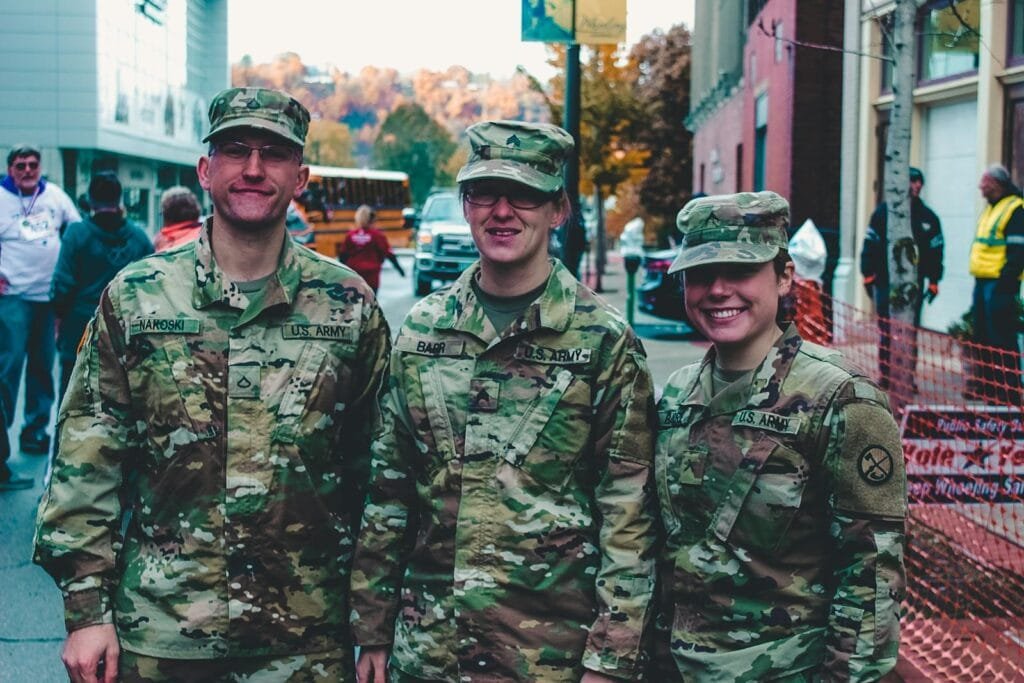would like
Level Six
Lesson 67
The verb phrase “would like” is popular for making requests and expressing desire. It’s similar to the word “want.”
- What would you like to do today?
- Sarah would like to go to the park this afternoon.
- The children would like some ice cream.
- I’d like to take a nap this afternoon.
- They’d like to watch a movie tonight.
would like vs. like
would like
singular
I would like _____
You would like _____
He would like _____
She would like _____
It would like _____
plural
We would like _____
You would like _____
They would like _____
This verb phrase is transitive. It requires an object: I would like it. They would like that. She would like a new house.
would like - contractions
singular
I’d like _____
You’d like _____
He’d like _____
She’d like _____
It’d like _____
plural
We’d like _____
You’d like _____
They’d like _____
Two helping verb possibilities exist for the ‘d contraction: would or had. If like comes after ‘d, the only possibility for a helping verb is would.
67a. would like = desire / want
Use “would like” to talk about things that you want. You don’t have it now, but you want it. After “would like,” you can use a noun, a pronoun, or an infinitive. This is also a polite way to ask someone for something.
- I would like some coffee, please. (I want some coffee.)
- We’d like to make an appointment. (we’d = we would)
- Maria would like to visit France someday. (She wants to visit France.)
- Eddie would like to be rich in the future. (He desires* wealth. )
- People around the world would like there to be peace in the Middle East and Ukraine.
- Most of us would like to live in peace.
Note: The verb “desire” is very strong. To use “would like” instead is often a more sensible choice.
67a. would like = desire / want

- They would like to get married in the future.

- I’d like some coffee. (I would like = I’d like)
67b. would like - questions
In spoken English, the use of “would like” to ask another person a question is very common.
- Would you like to go to the park today? (Do you want to go to the park today?)
- What would you like to do tonight? (What do you want to do tonight?)
- What would you like to have for dinner? (What do you want to have for dinner?)
- Would you like spaghetti for dinner? (Do you want spaghetti for dinner?)
- Would you like some apples? (Do you want some apples?)
- How many would you like? (How many do you want?)
- Where would you like to go? (Where do you want to go?)
- Would you like to go now? (Do you want to go now?)
Notice that an infinitive is often used after “would like” when it is in the form of a question.
67b. would like - questions

- Would you like her to play another song?

- Would you like another cup of coffee?
67b. would like - negative
When “not” is added to “would like,” it becomes wouldn’t like or would not like. This formation is used when a person believe another person will not like something, so it’s similar to “won’t like.”
- You wouldn’t like this. (You won’t like this.)
- I don’t think she would like that. (The negative come in the first part of the sentence.)
- She probably wouldn’t like that. (The word “probably” often goes before “wouldn’t like.”)
- Wouldn’t they like to live in a place that’s warm? (This question may contrast with their desire to live in a place that’s cold.)
- Why wouldn’t anyone like that? (This is an assumption regarding the desires of most people.)
67b. would like - negative

- You wouldn’t like working here. It’s a terrible place to work.

- Joe wouldn’t like serving in the military because he’d have to wear a uniform and follow orders all day.
